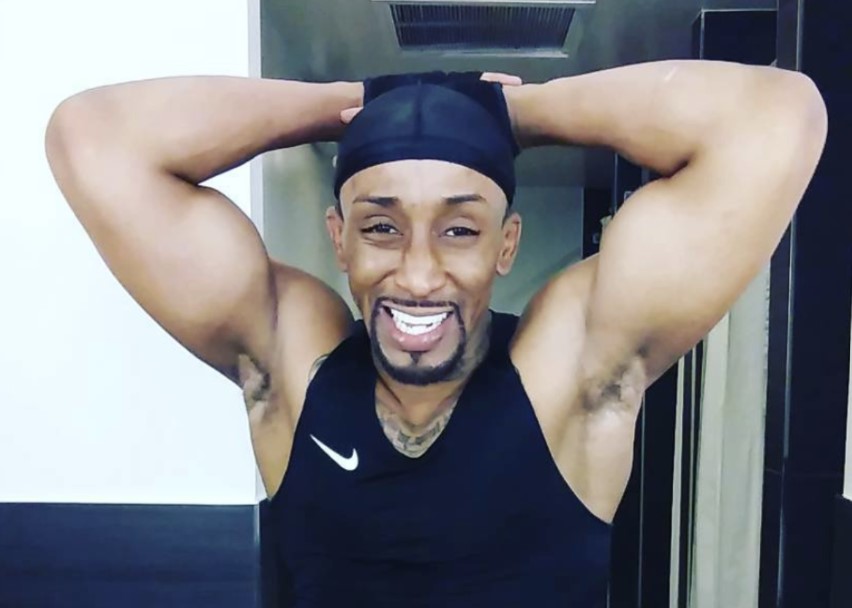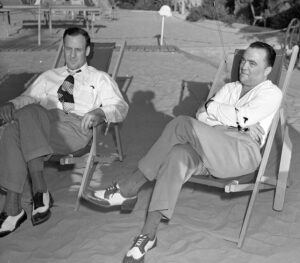NYPD WILL BEGIN TO SHARE BODYCAMS

Image Source: UInstagram. Kawaski Trawick was in crisis and killed by a;n NYPD Officer but NYPD refused to release the bodycam.
By Eric Umansky
NYPD Will Stop Withholding Body-Camera Footage of Police Shootings From Civilian Investigators
The New York Police Department has agreed to end its practice of withholding body-camera footage of police shootings from civilian investigators, a practice that sometimes derailed independent inquiries into deaths at the hands of police.
The change came weeks after ProPublica and The New York Times Magazine asked the NYPD about the practice as part of their investigation into the use of body cameras.
For years, the Civilian Complaint Review Board, which is charged with investigating police misconduct in New York City, has often been hamstrung in its ability to move ahead on the most serious cases because the NYPD refused to share footage of shootings and other serious incidents while the department did its own, often lengthy, internal investigation.
“We are pleased to have come to this agreement with NYPD and hope it will ensure officers who commit misconduct cannot avoid discipline due to a technicality,” said CCRB Chair Arva Rice in a statement.
Our investigation published last week detailed how the NYPD’s refusal to share footage had short-circuited the civilian agency’s efforts to punish an officer who had killed a young man named Kawaski Trawick.
BRONX DISTRICT ATTORNEY REFUSED TO PROSECUTE
NYPD did not give the civilian agency any footage of the April 2019 incident until more than a year and a half later. When the department finally handed it over, the footage showed one officer shot and killed Trawick, despite the officer’s more experienced partner repeatedly telling him not to use force. “No, no, don’t, don’t, don’t, don’t, don’t,” the more senior officer said.
The CCRB filed disciplinary charges against the officer, triggering an NYPD trial earlier this year. But the police judge in the case decided there should be no discipline — because the CCRB had failed to file charges within an 18-month statute of limitations. The reason the CCRB hadn’t done so? The agency didn’t have the footage it needed to move ahead.
POLICE OFFICER TESTIFIED TO THE OPPOSITE OF EVIDENCE ON BODY WORN CAMERA FOOTAGE
NYPD countered in a statement to ProPublica that “The CCRB could have brought charges prior to the expiration of the statute of limitations, but did not do so.”
The new agreement between the NYPD and CCRB, which was signed Dec. 5, stipulates that the Police Department will hand over footage and other records within 90 days of a request. The deal is essentially a good faith agreement between the two agencies. It does not have the force of law or lay out penalties.
A few other cities have taken a different approach. The civilian police oversight bodies in Chicago; Washington, D.C.; and New Orleans all have direct access to footage, mandated by law. Rather than relying on the police to send them the video, they have their own logins to the systems where videos are stored.
The deal also does not apply to the public disclosure of footage, an area in which the NYPD has lagged. Three years ago, the NYPD announced it would disclose footage from police shootings and other serious incidents within 30 days. Our investigation found that of 380 such serious incidents since then, the police have released video within a month just twice. (In response to our questions about that, the NYPD pointed to several exceptions in the department’s policy.)
THE NYPD EXCEPTIONS TO THE NEW AGREEMENT BETWEEN NYPD AND THE CCRB
The CCRB will have no shortage of footage to review. Through the first week of December, there were 28 shootings of civilians this year by New York City officers. The CCRB will now be able to get footage from all of them 90 days after the agreement was signed.
SyndicatedNews.NET is proud to report that ProPublica articles are now republished at SNN.BZ with permission under Creative Commons License (CC BY-NC-ND 3.0).
NOTE: Since its inception in 2008, ProPublica has been recognized for its outstanding work in journalism by winning several prestigious awards such as 6 Pulitzer Prizes, 5 Peabody Awards, 5 Emmy Awards and 12 George Polk Awards.
AMAZON SOFTWARE OF EVERY POSSIBLE TYPE FROM A – Z



